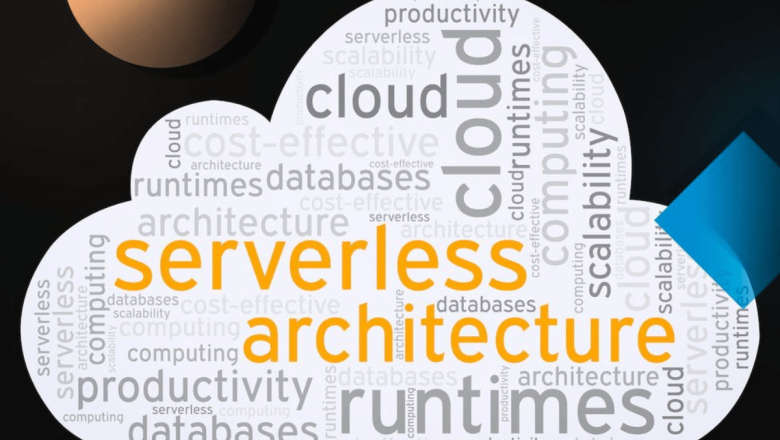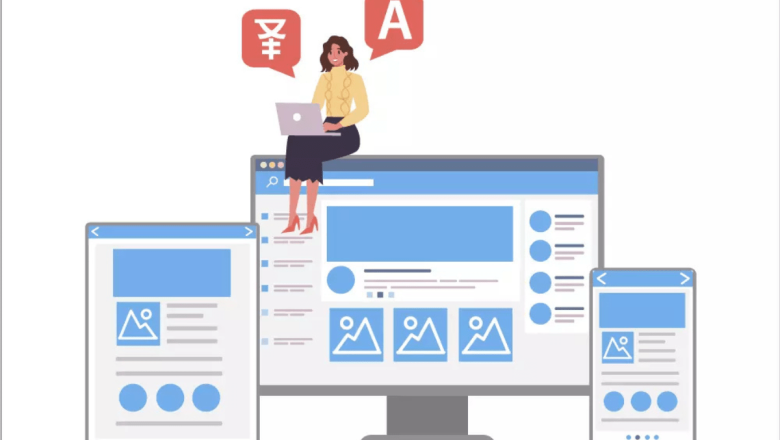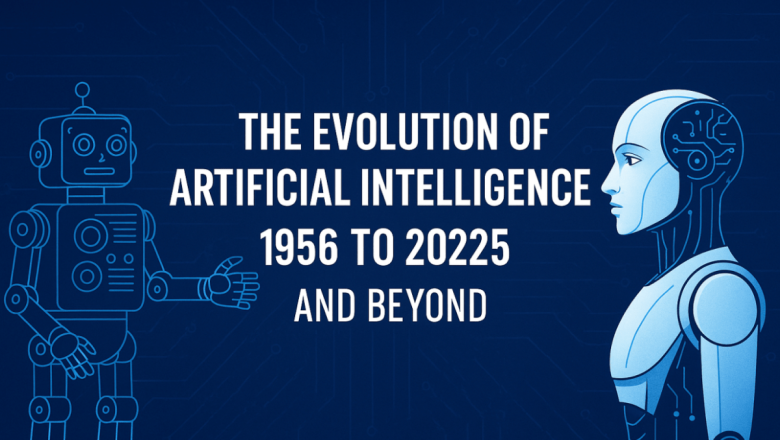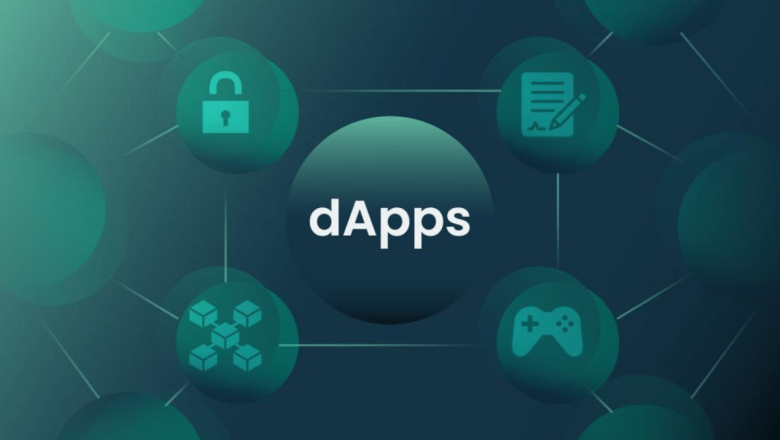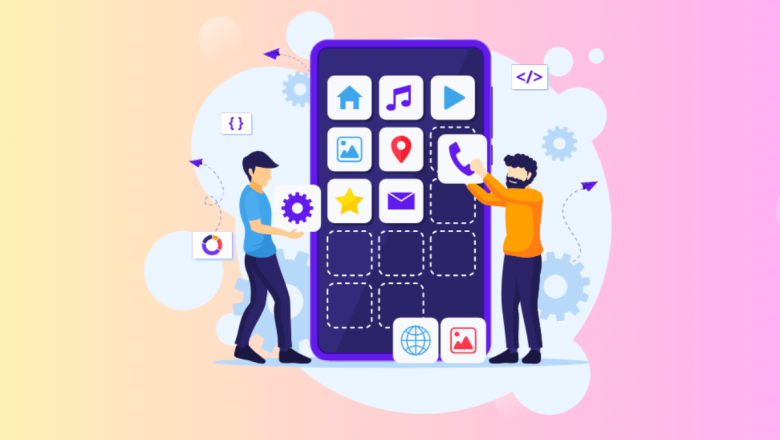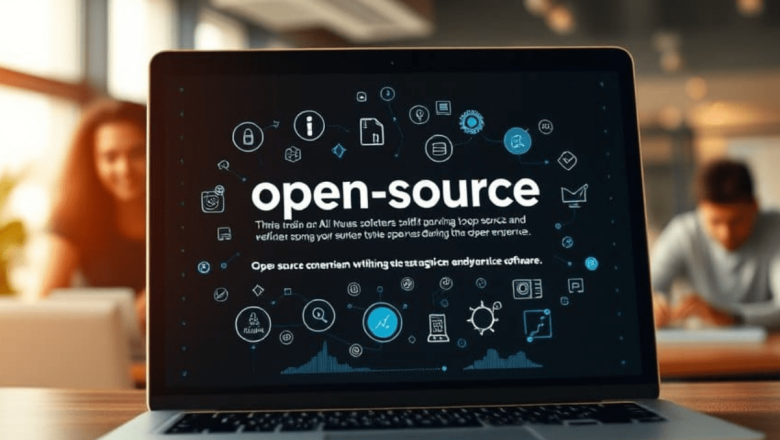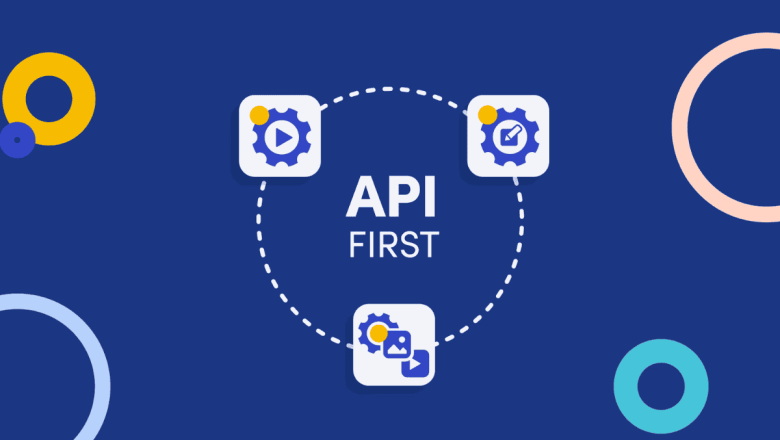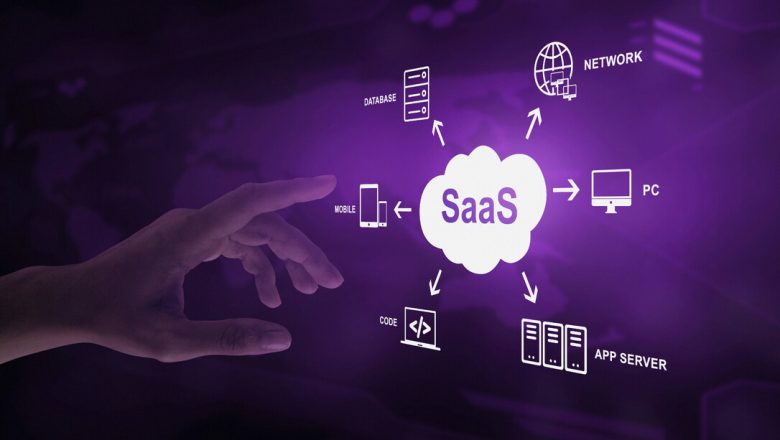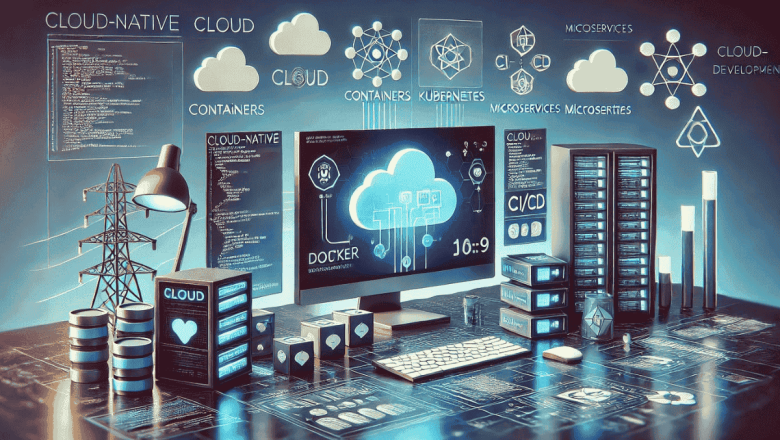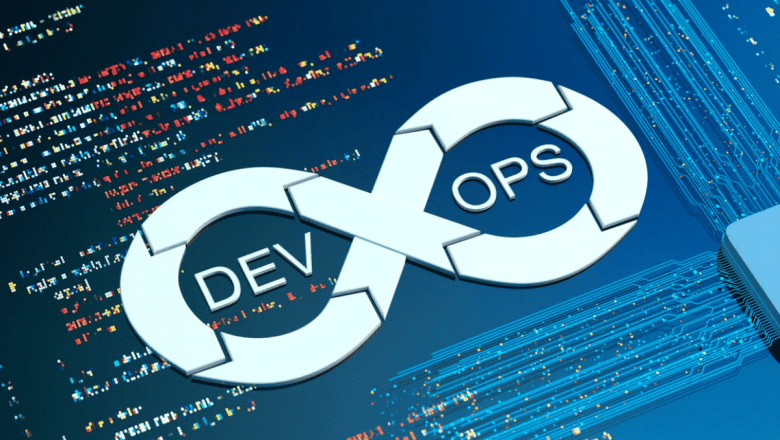
DevOps Best Practices for 2025: Automation, Security, and Collaboration
Introduction
By 2025, embracing DevOps as the most effective practice, is crucial for companies that want to speed the development of software and guarantee top standards.
Modern DevOps emphasizes the integration of security, automation, and collaboration to increase efficiency and reduce risk. Businesses that use these techniques can improve workflows and deliver rapid and efficient solutions.
The Importance of DevOps Automation
Automating DevOps is an important component in reducing manual errors and speeding up the time to release software.
Implementation of automated CI/CD pipelines, as well as test scripts and deploy scripts, ensures that the sameness across all environments, which allows teams to concentrate on innovation.
Monitoring and re...

